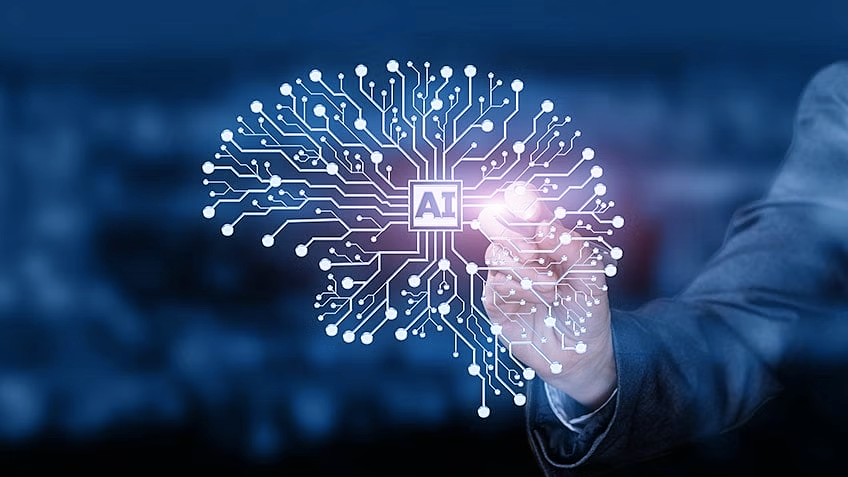
The use of artificial intelligence is growing rapidly. Today, ChatGPT and OpenAI have become the dominant AI instruments that everyone is talking about, and this excitement over artificial intelligence has reached a euphoric level. ChatGPT alone gained more than a million followers only five days after its launch. This excitement over ChatGPT and artificial intelligence shows one thing: artificial intelligence will be the catalyst of wealth inequality in this twenty-first century.
Technological progress played a crucial role in the development of civil society. And its role has always generated a double-edge-sword outcome. On the one hand, technological advancement enables the amelioration of people’s living standards. Thanks to technological progress, we live longer and have access to more resources. On the other hand, technological innovation engineers economic inequality. The most advanced societies on the planet have a high degree of economic inequality, and this is mainly due to technological progress rather than the myth of the Marxian theory of exploitation. The more advanced a society becomes technologically, the easier it is for companies to become more efficient and increase output.
Many companies are eyeing to rely on artificial intelligence in a near future to perform most of the tasks that need to be done in order to stay in business and maximize profit. The more companies can rely on artificial intelligence, the less these companies will need humans to do the job. This means that artificial intelligence will lead to layoffs. For companies, artificial intelligence represents an exquisite advantage in cutting costs. Companies prioritize the maximization of profit in order to maximize shareholder value.
Relying on AI will reduce the cost of labor for companies, thus, increasing their revenues; retained earnings, and profit margins. A high-profit margin shows that a company is profitable and valuable, and the profitability of a company increases its stock price, which in turn increases shareholder value. For shareholders, artificial intelligence is perhaps the best thing that has happened so far in this century because it will increase the value of their shares. For workers, the rise of AI is a major threat to their jobs and the labor market in general.
Shareholders have their wealth tied to their investments, and therefore derive most of their income from those investments while workers have their wealth tied to their savings accounts. If workers are laid off, there will receive no income any longer until they find a new job. Shareholders, on the other hand, do not need to actively work the way employees do to earn their income since most of their income is tied to their investments. It means that so long as the companies they are investing in are performing well, they will keep receiving dividend income and the value of their shares will keep increasing. Hence, companies will prioritize efficiency to uphold shareholder value. This suggests that if artificial intelligence is the tool that will help them maximize efficiency in order to uphold shareholder value, they will use it to cut their cost. And workers will pay the price of technological progress through economic inequality.

Comments